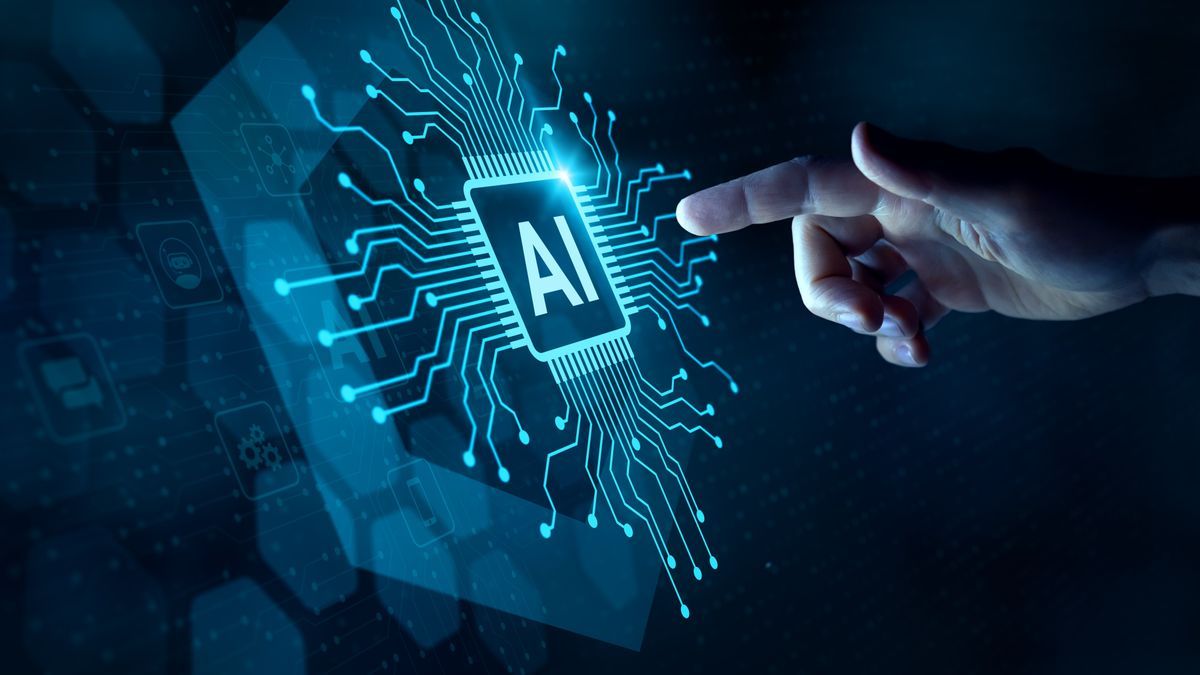Despite growing interest and enthusiasm for generative AI, significant challenges continue to emerge that threaten the success of such projects, new research suggests.
A Hitachi Vantara report on IT and business leaders in the US, Canada and Western Europe has highlighted infrastructure as a key area to focus on as GenAI projects move forward.
An overwhelming majority (97%) now consider generative AI to be a top five priority, even despite a lack of readiness, it was found.
GenAI projects are built on a solid infrastructure
Since AI tools have flooded the market over the past two years, countless studies have highlighted the technology’s immense reliance on solid databases, and while this remains accurate, Hitachi says businesses aren’t paying enough attention to their infrastructure.
Alarmingly, only one in three (37%) believe their data infrastructure and ecosystem are well prepared.
Furthermore, less than half (44%) of organizations have a comprehensive and well-defined policy for GenAI, three in five (61%) agreed that most users do not know how to leverage the technology, and half (51%) share concerns about the lack of qualified employees.
Ayman Abouelwafa, CTO at Hitachi Vantara, summed up: “Enterprises are clearly jumping on the GenAI bandwagon, which is not surprising, but it is also clear that the foundation for successful GenAI is not yet fully built to fit the purpose and its full potential cannot be realized.”
While automation and optimization (37%), predictive analytics (36%) and fraud detection (35%) emerge as key drivers for GenAI adoption, businesses continue to be concerned about privacy and compliance (81%) and data quality issues (77%), both of which can be addressed with the right strategic foundations, including the right infrastructure.









